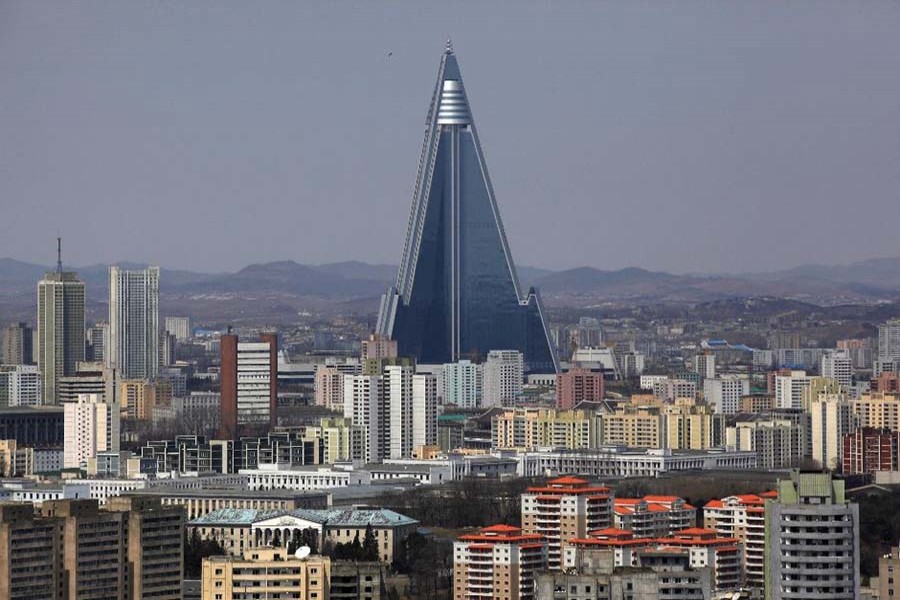North Korea’s economy contracted at the sharpest rate in two decades in 2017, South Korea’s central bank estimated on Friday.
Gross domestic product (GDP) of the isolated nation fell to the record low after the international sanctions imposed on the country to stop Pyongyang’s nuclear and missile programmes.
The GDP contracted 3.5 per cent in 2017 from a year ago, marking the biggest contraction since a 6.5 per cent drop in 1997 when the country was hit by a devastating famine, the Bank of Korea said.
Industrial production, which accounts for about a third of the nation’s total output, dropped by 8.5 per cent and also marked the steepest decline since 1997.
Output from agriculture, construction industries also fell by 1.3 per cent and 4.4 per cent, respectively on the restrictions of flows of oil and other energy resources into the country, reports Reuters.
“The sanctions were stronger in 2017 than they were in 2016,” Shin Seung-cheol, head of the BOK’s National Accounts Coordination Team said.
“External trade volume fell significantly with the exports ban on coal, steel, fisheries and textile products. It’s difficult to put exact numbers on those but it (export bans) crashed industrial production,” Shin said.
North Korea’s Gross National Income per capita stands at 1.46 million won (£985.79), making it about 4.4 per cent the size of South Korea’s, the BOK said.
The country’s exports dropped 37.2 per cent in 2017, marking the biggest fall since a 38.5 per cent decline in 1998, the BOK said on Friday, citing data from the Korea Trade-Investment Promotion Agency.


